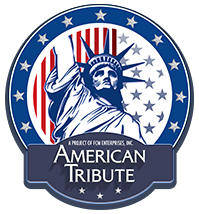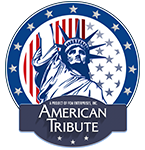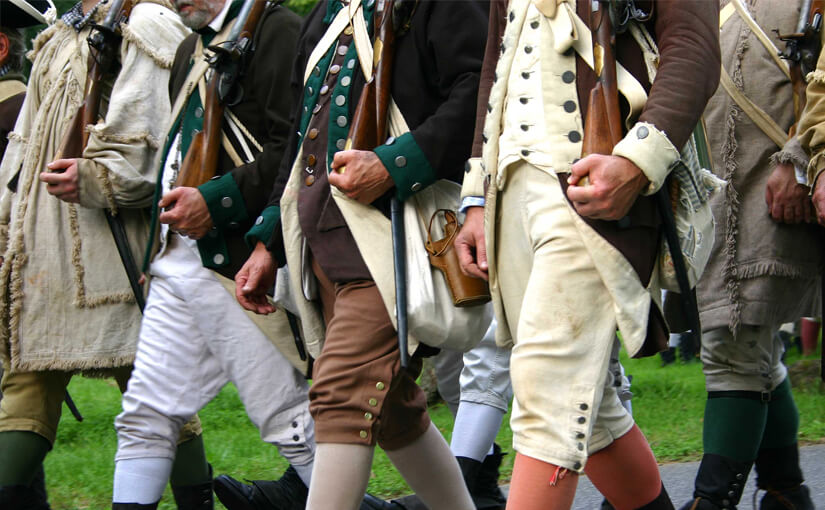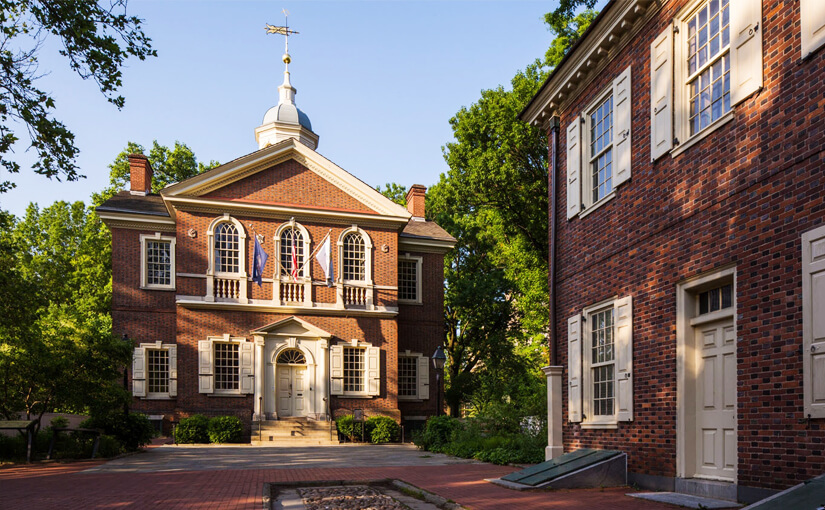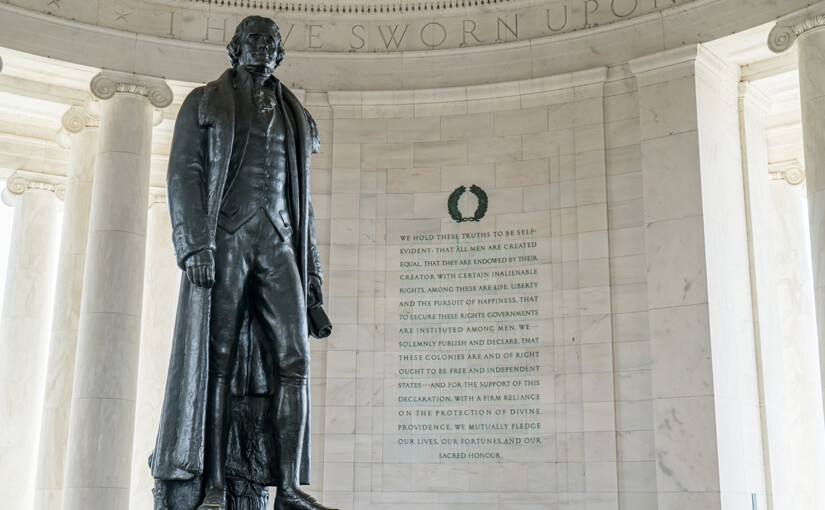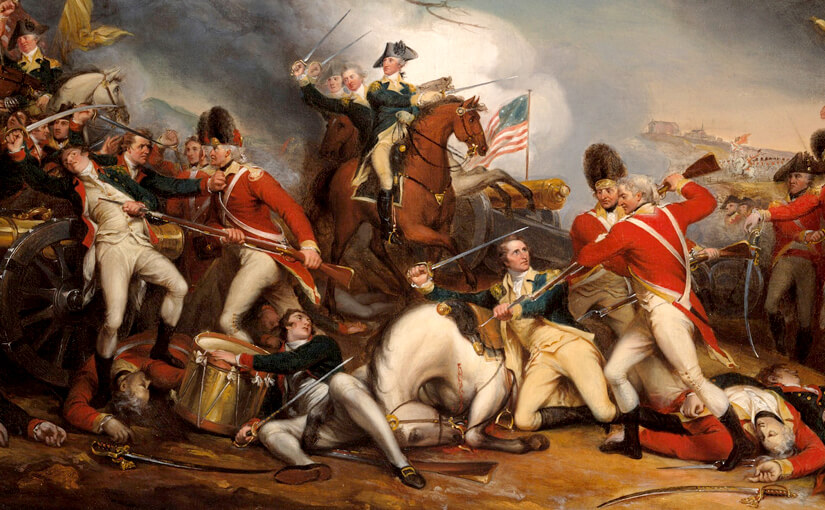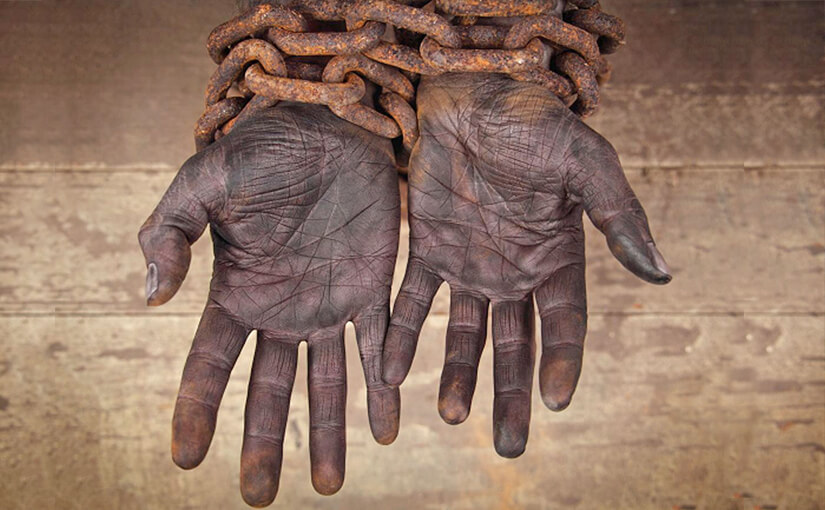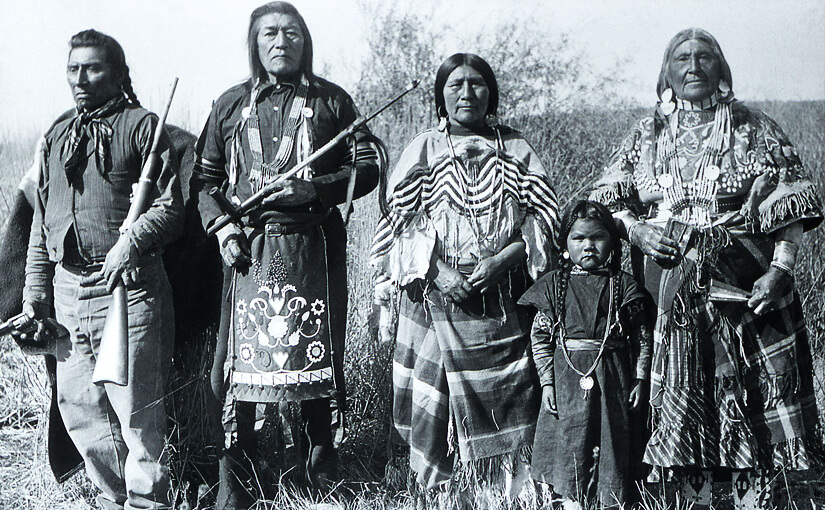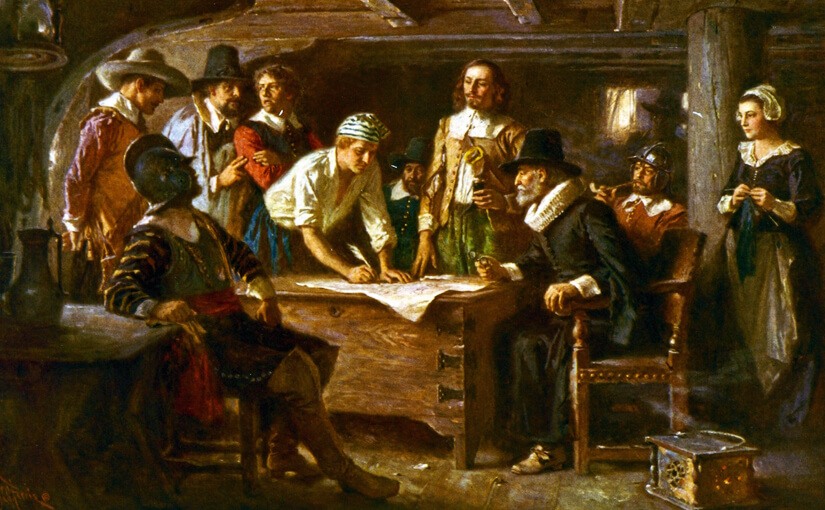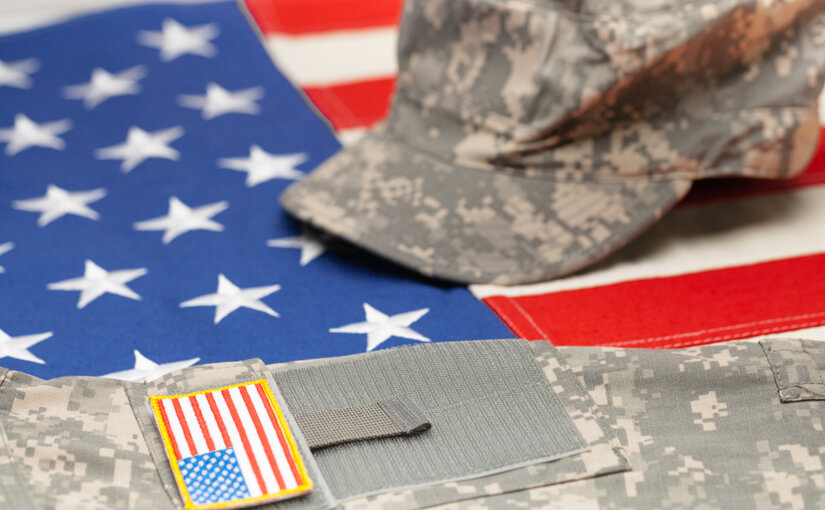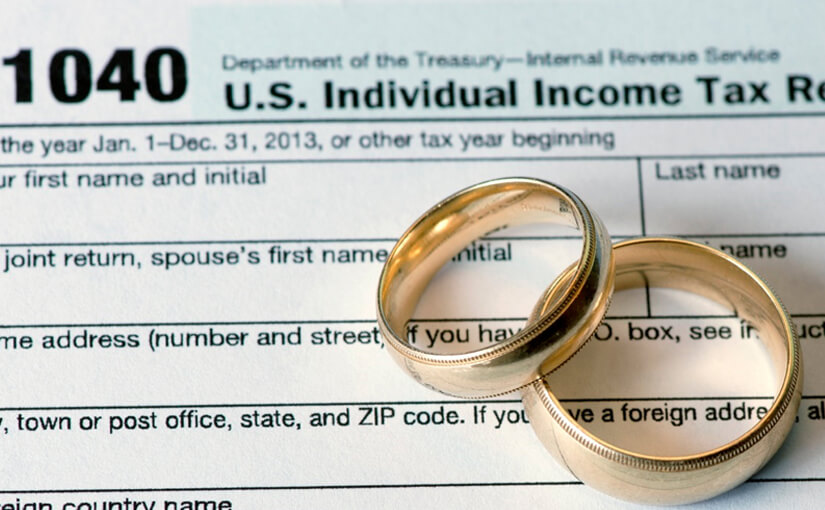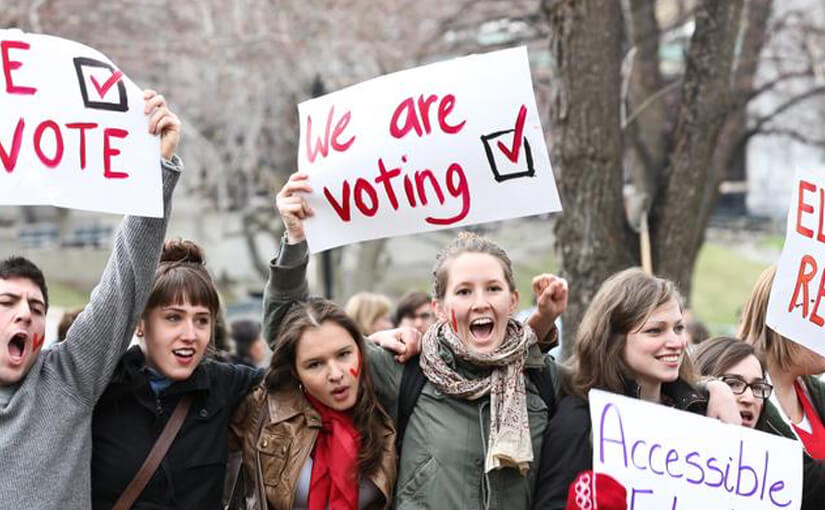- New Hampshire
- Massachusetts
- Rhode Island
- Connecticut
- New York
- New Jersey
- Pennsylvania
- Delaware
- Maryland
- Virginia
- North Carolina
- South Carolina
- Georgia
The 13 original states were all former British colonies. Representatives from these colonies came together and declared independence from Great Britain in 1776.
After the Revolutionary War, the colonies became free and independent states. When the 13 colonies became states, each state set up its own government. They wrote state constitutions.
Eventually, the people in these states created a new form of national government that would unite all the states into a single nation under the U.S. Constitution.
The first three colonies to become states were Delaware, Pennsylvania, and New Jersey. This happened in 1787. Eight colonies became states in 1788. These were Georgia, Connecticut, Massachusetts, Maryland, South Carolina, New Hampshire, Virginia, and New York. North Carolina became a state in 1789. Rhode Island became a state in 1790.
Although the colonies were recognized as states after the Declaration of Independence, the date of statehood is based on when they ratified (accepted) the U.S. Constitution. Today, the United States has 50 states.
** As you prepare for U.S. citizenship, Learn About the United States: Quick Civics Lessons will help you study for the civics and English portions of the naturalization interview.
There are 100 civics (history and government) questions on the naturalization test. During your naturalization interview, you will be asked up to 10 questions from the list of 100 questions. You must answer correctly six (6) of the 10 questions to pass the civics test.
